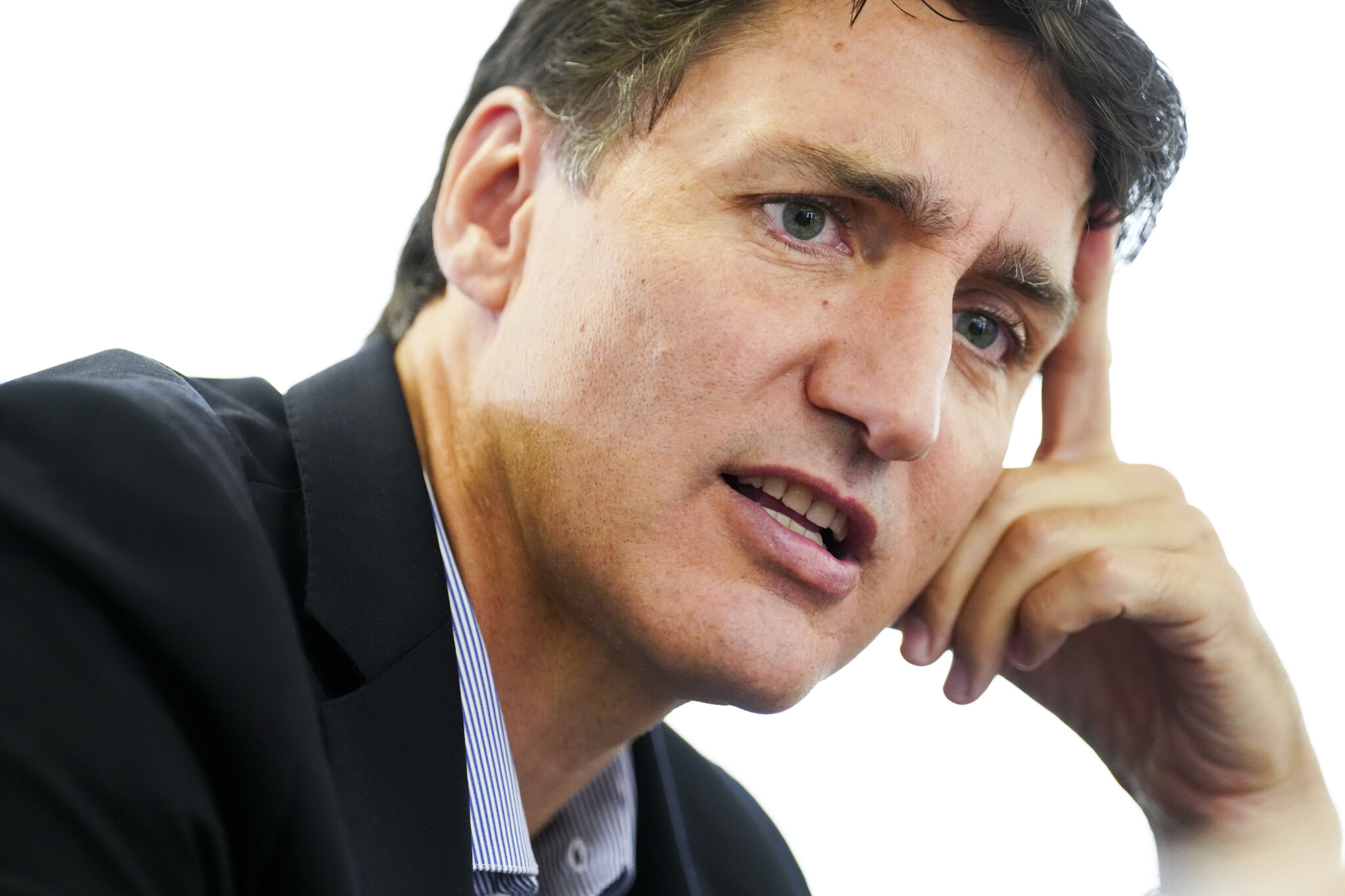In The Weekly Wrap Sean Speer, our editor-at-large, analyses for Hub subscribers the big stories shaping politics, policy, and the economy in the week that was. Given it’s a long weekend, this week’s extra-long Weekly Wrap covers five big issues and topics from the past week.
Liberals limp out of retread retreat with no new ideas and the same stale excuses
Insularity is one of those factors that invariably defeats governments. At some point, they predictably become disconnected and even a bit delusional. An inherent us-versus-them mentality takes shape. They come to believe that the opposition parties, the news media, and others are out to get them. Everyone circles the wagon around the leader. Defiance takes hold—even in the face of mounting evidence or facts. The Trudeau government has reached this point.
This week’s cabinet retreat was held in Halifax but it felt like it was occurring on a different planet. The government has found itself somewhere between 15 and 25 points behind the Conservatives for more than a year. The Canadian public consistently says it thinks the country is headed in the wrong direction. The prime minister’s own approval rating is less than 30 percent. The Liberal Party lost one of its safest ridings in the country in a recent by-election and may soon lose another.
Yet the prime minister and his cabinet colleagues insisted that everything is just fine. There were no admissions of bad decisions or wrong choices or unfortunate mistakes. Mea culpas weren’t on the cabinet agenda. But excuses certainly were.
The country’s economic and social problems have merely been a case of regrettable circumstances that aren’t unique to Canada and most definitely aren’t a consequence of the government’s policies, apparently. Some combination of exogenous forces and Pierre Poilievre are ultimately responsible.
There were no new ideas on offer. We were essentially promised more of the same. Even some of the government’s policy announcements were recycled.
The lack of fresh thinking is partly a symptom of the government’s insularity. Governing is all-consuming and highly transactional. Ministers and key staff spend a lot of time moving paper as opposed to thinking big thoughts. Henry Kissinger famously wrote that “On the whole, a period in high office consumes intellectual capital; it does not create it.”
The Liberals came to office with some good policy ideas including the creation of the Canada Child Benefit, personal income tax cuts, and so on. Yet as they’ve exhausted that initial policy wellspring, they’ve fallen back on a governing framework that underestimates markets and overestimates government.
This is the chief cause of many of the government’s problems. It’s the philosophical underpinning of its raft of new social welfare programs financed by large-scale borrowing, its reckless immigration policy, and its highly costly efforts to re-engineer different parts of the industrial economy.
The outcomes—namely, economic stagnation and declining living standards—speak for themselves. And yet the government is unable to see that its own ideas are the problem.
I think there’s a good chance that we look back on this week’s retread retreat as the moment it became clear that the prime minister and his government were going to lose the next election. This was one of the last chances they had to change course and they passed it up.
With an election barely twelve months away, there will be no sweeping changes or radical departures from the past. The Trudeau government will face voters with the exact same ideas, messages, and outcomes that Canadians have come to expect. Good luck.









